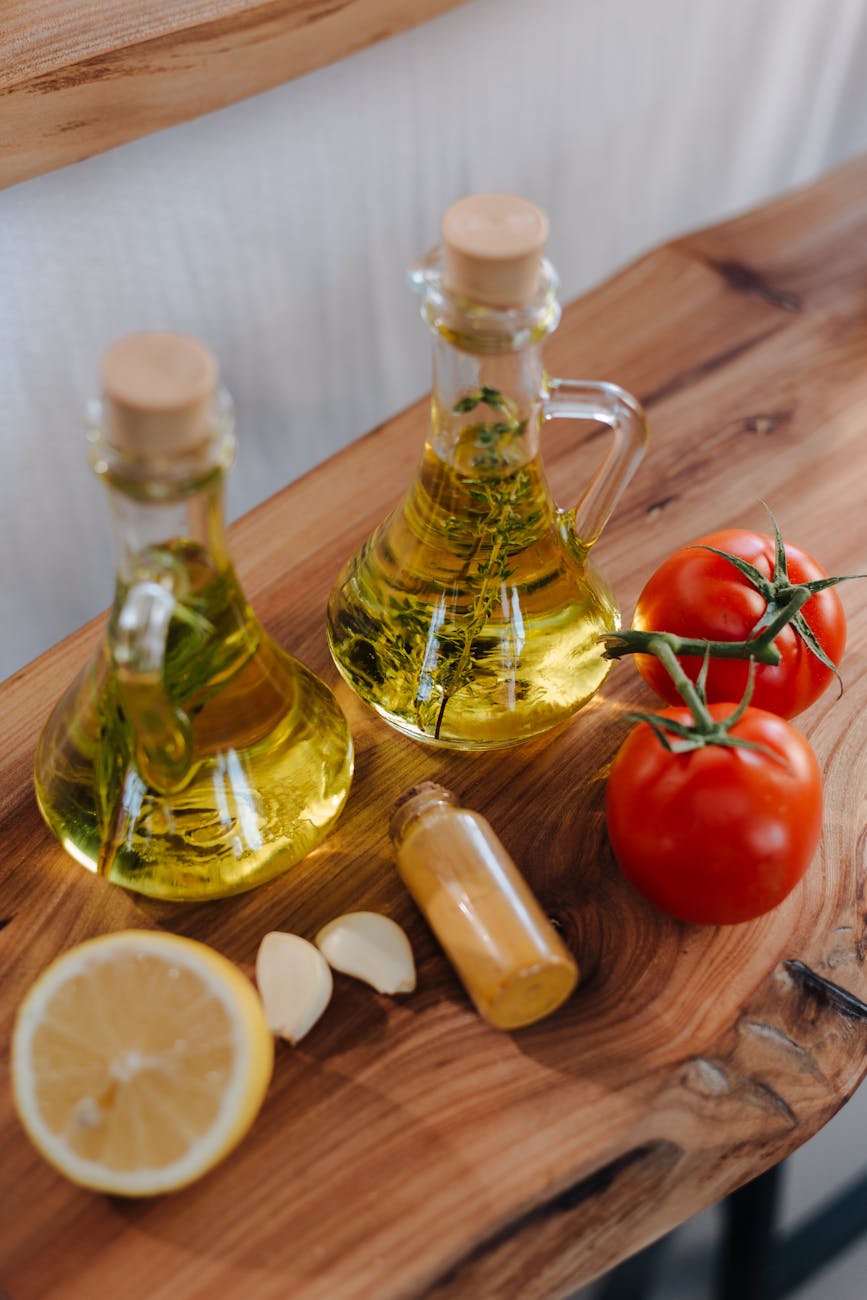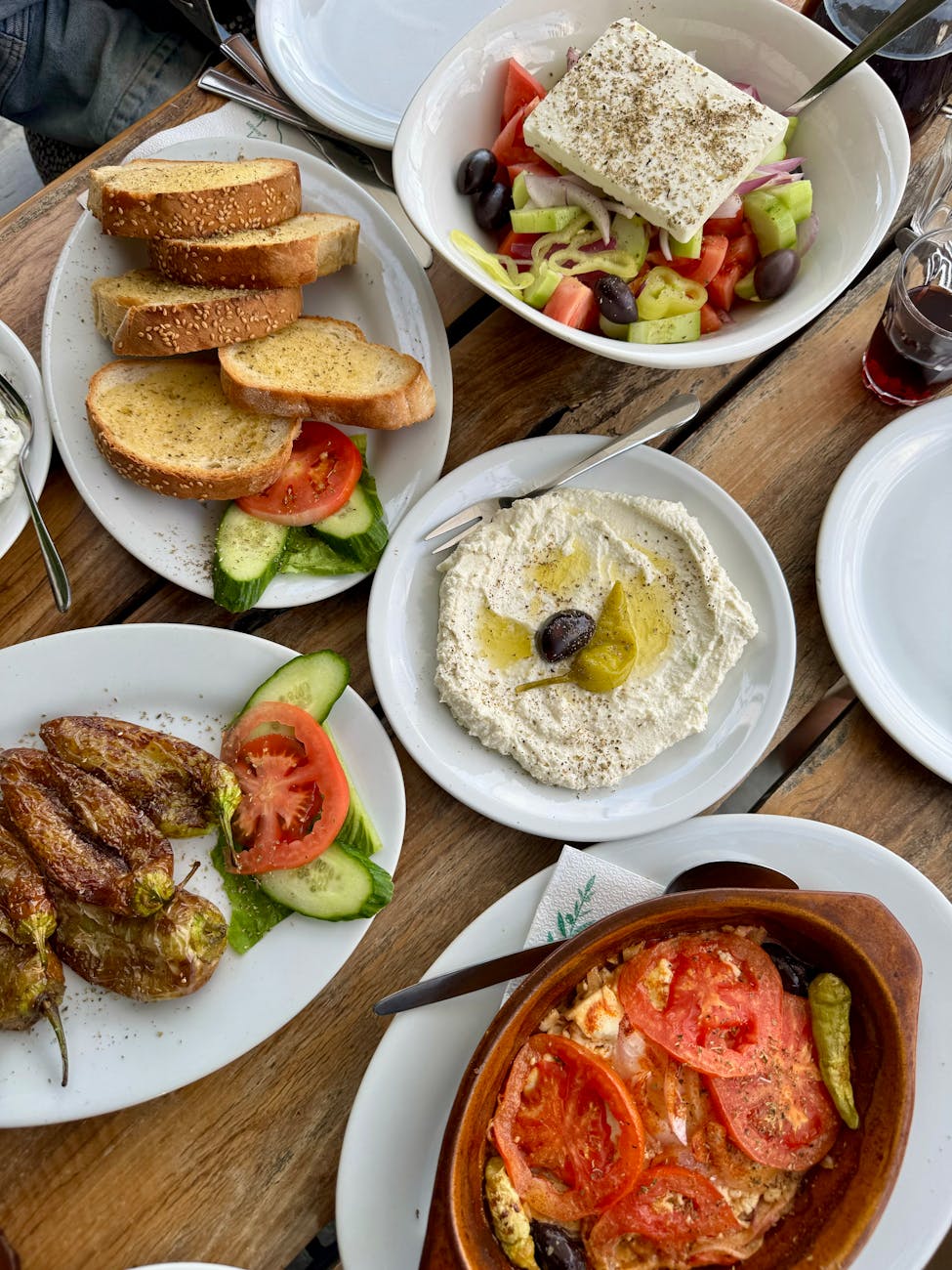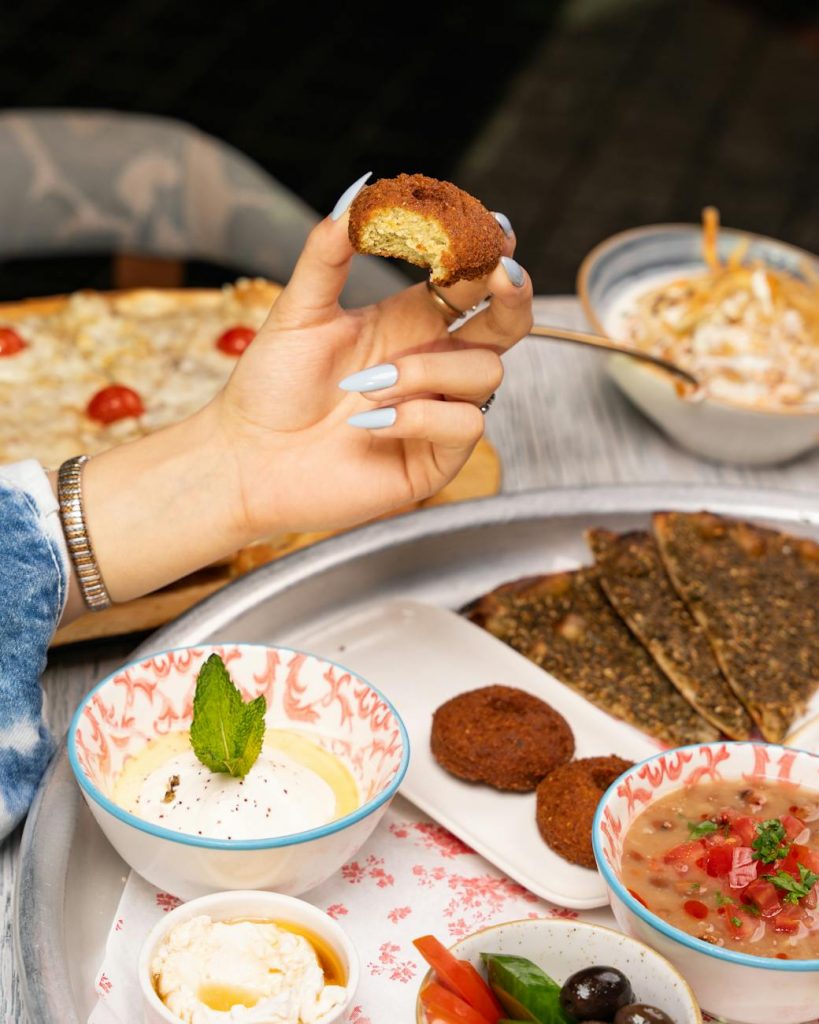🫒 Why I Switched to the Mediterranean Diet — And Why You Might Want to, Too
Hey friends 💛,
If you’ve been following my wellness journey for a while, you know I’m all about balance. I’ve tried the extremes — keto, juice cleanses, counting macros like a maniac — and while some of them had short-term wins, none of them felt sustainable. I wanted something that felt nourishing, joyful, and actually doable for life.
Enter: the Mediterranean diet. Not a “diet” in the restrictive sense, but more like a lifestyle rooted in real food, vibrant flavors, and a deep respect for health and culture. And as the CEO of a wellness brand, I can tell you — this way of eating isn’t just trendy. It’s backed by decades of research, and it’s changed the way I think about food, energy, and longevity.

🌿 What Is the Mediterranean Diet?
At its core, the Mediterranean diet is inspired by the traditional eating habits of countries like Greece, Italy, and Spain. It’s rich in:
- Fresh fruits and vegetables
- Whole grains
- Legumes and nuts
- Olive oil (the real MVP)
- Lean proteins like fish and poultry
- Herbs, spices, and a splash of red wine 🍷
It’s less about what you can’t eat and more about celebrating what you get to eat. And honestly? That mindset shift alone is worth it.
💪 The Benefits I’ve Personally Felt
I’m not here to sell you a miracle — just sharing what’s worked for me and thousands of others. Since switching to the Mediterranean diet, I’ve noticed:
- More stable energy throughout the day (no more 3pm crashes)
- Better digestion and less bloating
- Clearer skin — which I didn’t expect, but I’ll take it
- Improved mood and focus (hello, omega-3s)
- A healthier relationship with food — no guilt, just nourishment
And if you’re looking for a deeper dive into the science behind it, this resource breaks it down beautifully. It’s one of my go-to references when people ask me how to get started.
🧠 What the Research Says
I’m a data girl at heart, so I had to look into the studies. And wow — the Mediterranean diet isn’t just hype.
- It’s been linked to lower risk of heart disease, stroke, and type 2 diabetes
- It supports brain health and may reduce the risk of Alzheimer’s
- It’s associated with longer life expectancy and better aging outcomes
- It helps with weight management without the stress of calorie counting
One of my favorite things? It’s flexible. You don’t have to be perfect. You just have to be consistent.

🍽️ How I Make It Work in Real Life
Running a business means I don’t have hours to prep gourmet meals every day. But the Mediterranean diet is surprisingly easy to adapt. Here’s how I keep it simple:
| Meal Time | Go-To Options |
|---|---|
| Breakfast | Greek yogurt with berries + chia seeds |
| Lunch | Quinoa salad with chickpeas + olive oil |
| Snack | Almonds + a piece of dark chocolate 🍫 |
| Dinner | Grilled salmon, roasted veggies, brown rice |
| Drinks | Herbal tea, water, and the occasional vino |
I batch cook on Sundays, keep my pantry stocked with staples, and lean into flavor. Fresh herbs, lemon, garlic — they make everything taste gourmet without the fuss.
And if you’re just starting out, this guide is super helpful. It walks you through the basics and gives you meal ideas that don’t feel like punishment.
💬 Final Thoughts from a Wellness CEO
Here’s what I’ve learned: food should fuel you, not stress you out. The Mediterranean diet helped me reconnect with that truth. It’s not about perfection — it’s about progress, pleasure, and feeling good in your body.
If you’re tired of the diet rollercoaster and want something that feels human, this might be your sign. Start small. Swap butter for olive oil. Add more greens. Choose fish over processed meats. And if you need a little guidance, this resource is a great place to begin.
You deserve to feel nourished, energized, and empowered — not just in your body, but in your life.
With love and lemon zest,
weightlossjourney_usa
CEO & Wellness Advocate



